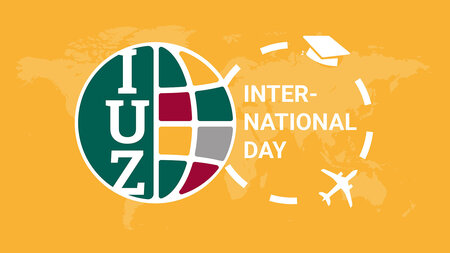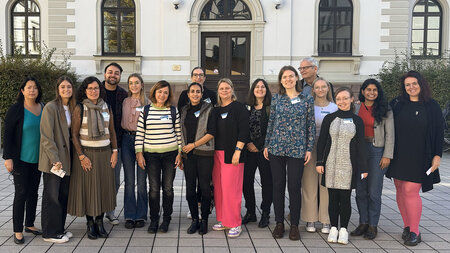
MEdiating between Driver and Intelligent Automated Transport Systems on Our Roads
Project partners
INSTITUTE FOR ROAD SAFETY RESEARCH (SWOV) - THE NETHERLANDS ALTRAN ITALIA S.P.A AUTOLIV DEVELOPMENT AB BEN-GURION UNIVERSITY OF THE NEGEV CYGNIFY BV TECHNISCHE UNIVERSITEIT DELFT (TUD) FIAT CHRYSLER AUTOMOBILES ITALY SPA KONGSBERG MARITIME AS NETHERLANDS AEROSPACE CENTER (NLR) SWEDISH NATIONAL ROAD AND TRANSPORT RESEARCH INSTITUTE (VTI) ZENUITY AB
Funding
Grant no. 814735
Duration
05/2019-04/2023
Topic
"Shall I drive home tonight or would you do it?" This is, indeed, a relevant question for two potential drivers. In the course of the increasing automation in the automobile industry, this question might also become relevant in another context: "Shall I drive right now or shall my vehicle perform the driving task?" To answer this question, motivational aspects are relevant (Do I want to drive myself? Shall my vehicle perform the driving task so that I can check my new emails?), but also aspects regarding the system's boundaries (Is the system able to perform the upcoming driving task?) and driver's fitness (Will the system be more suitable to perform the driving task because of a tired or distracted driver?). The aim of the project MEDIATOR is to develop an intelligent driver assistance system that mediates in real-time between the driver and the automated system based on current and predicted motivational and performance-based aspects. For the decision who is fittest to drive, also context variables will be taken into account. The 12 project partners will work together in six different work packages to develop and evaluate a first prototype of such a Mediator system over a period of four years. The research group Cognitive and Engineering Psychology deals especially with the motivational aspects as requirements for the recommended as well as necessary take-over and hand-over actions between the driver and the automated system. Based on the existing research and expertise in this field, the research group, for instance, will examine methods to assess driver's emotions and feelings of comfort and will identify situations in which the drivers will most probably prefer a take-over by the automated system. As the leader of work package 3 ("Testing and Evaluation"), the research group will be responsible for coordinating the evaluations of the developed prototypes in computer simulations, driving simulators and real-road demonstrators. Driving simulator studies will be conducted to evaluate the acceptance and usability of the Mediator system and its functions respectively.
| Contact: | Dr. Matthias Beggiato | |
|---|---|---|
| Staff: | Dr. Nadine Rauh Cornelia Hollander Maria Kreußlein Sabine Springer-Teumer |
|
| More information: | https://mediatorproject.eu/ |
Publications, talks, poster
Beggiato, M., Rauh, N., Hollander, C., & Krems, J. (2022). Shall I drive you through the traffic jam? Vehicle automation as active team partner. In Bermeitinger, C. & Greve, W. (Eds.), DGPs 2022 - Abstracts of the 52nd Congress of the German Psychological Society (pp. 129-130). Lengerich: Pabst Science Publishers.
Beggiato, M., Rauh, N., & Krems, J. (2022). Multi-camera Face Tracking for Estimating User’s Discomfort with Automated Vehicle Operations. In W. Karwowski, T. Ahram, M. Milicevic, D. Etinger, & K. Zubrinic (Eds.), Proceedings of the 4th International Conference on Human Systems Engineering and Design (IHSED2021), 23.-25. September 2021. doi:10.54941/ahfe1001104.
Beggiato, M., Rauh, N., & Krems, J. (2020). Facial Expressions as Indicator for Discomfort in Automated Driving. In T. Ahram, W. Karwowski, A. Vergnano, F. Leali, & R. Taiar (Eds.). Intelligent Human Systems Integration 2020, pp 932–937. Springer, Cham. doi: 10.1007/978-3-030-39512-4_142







